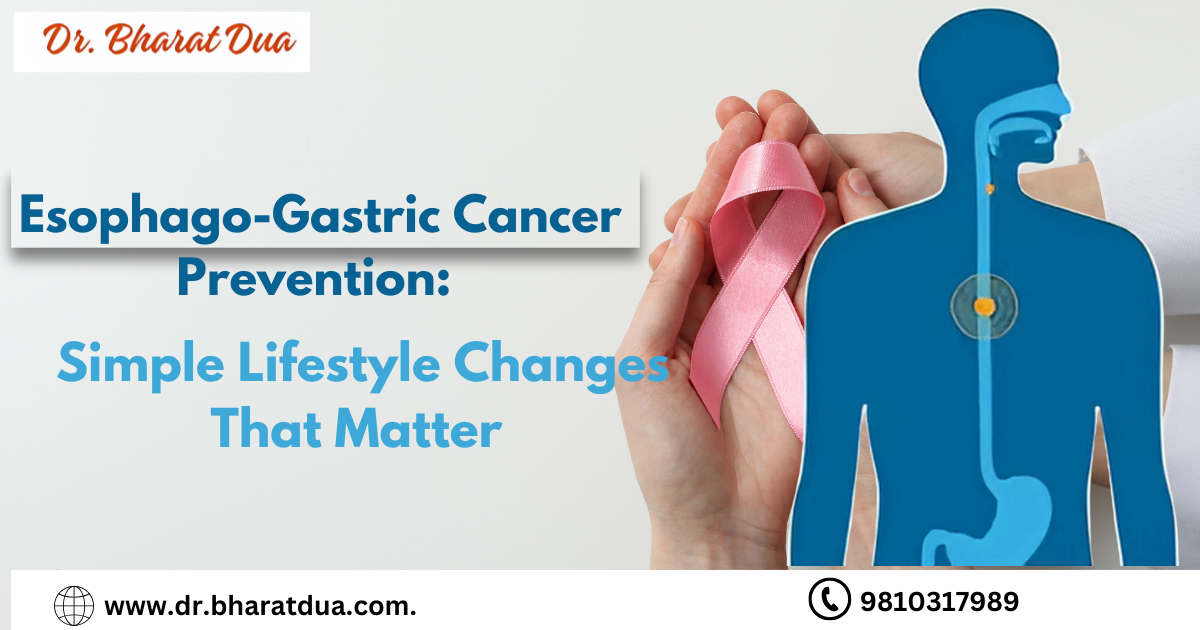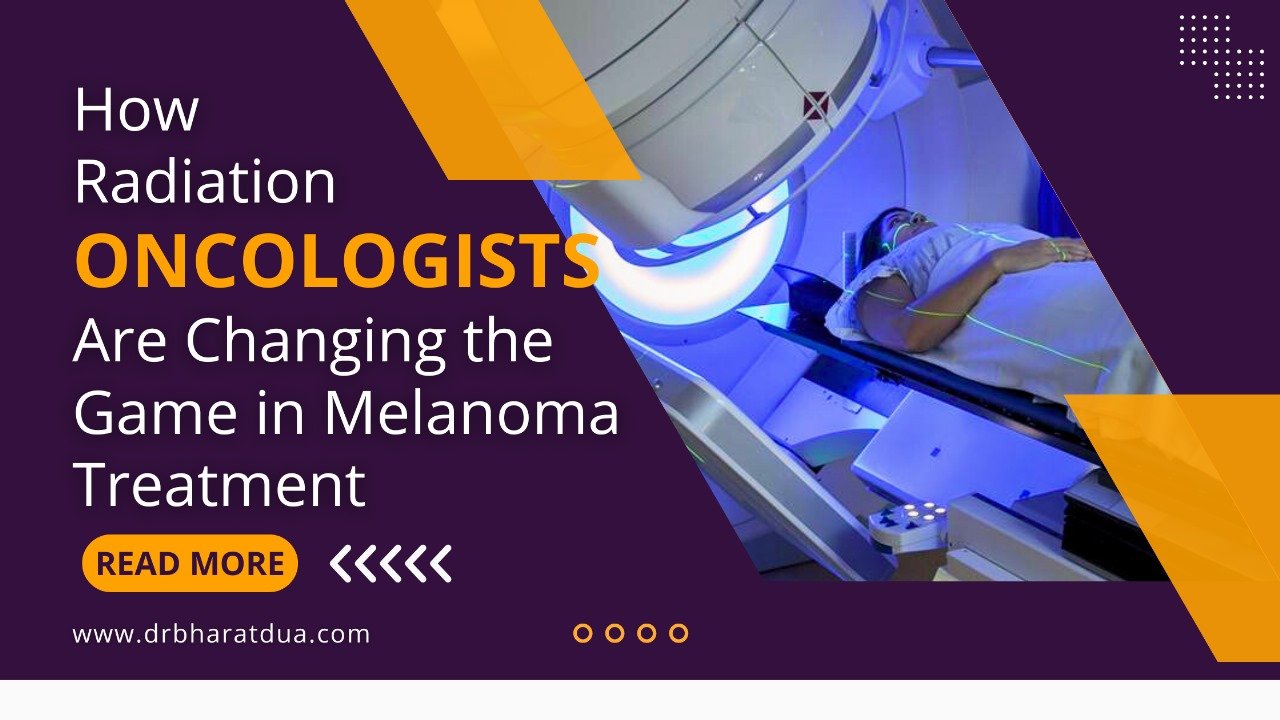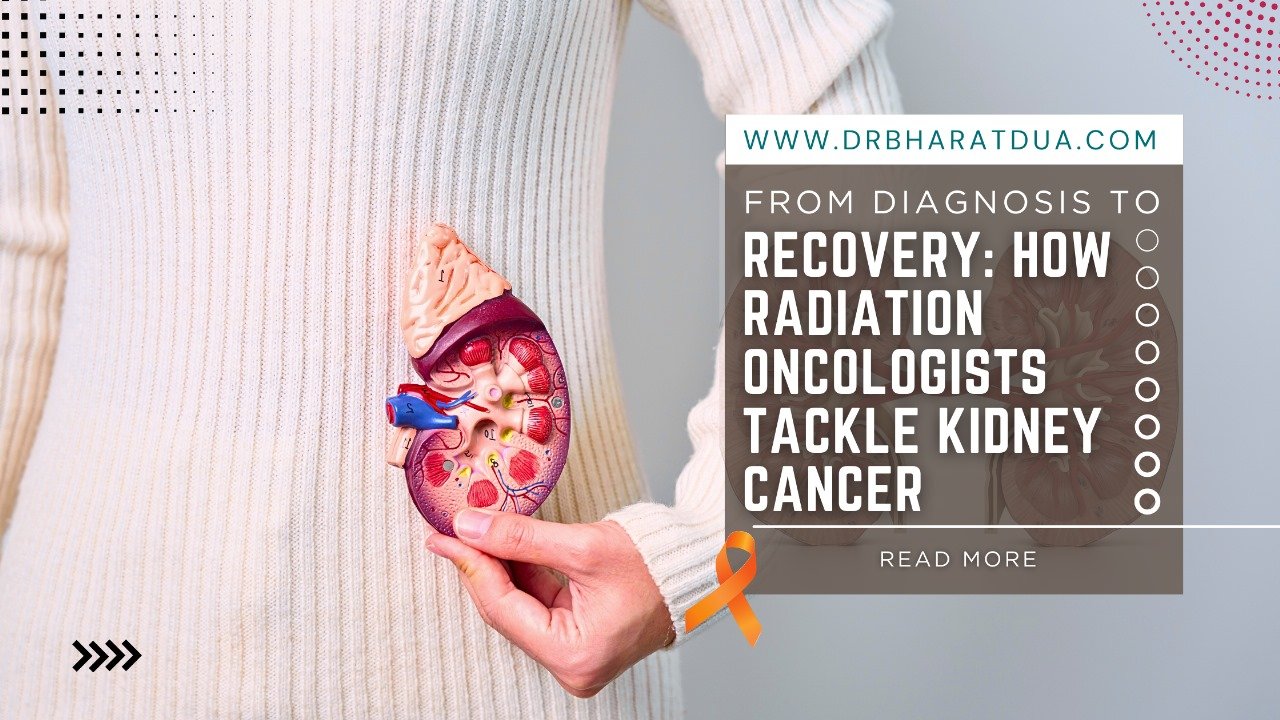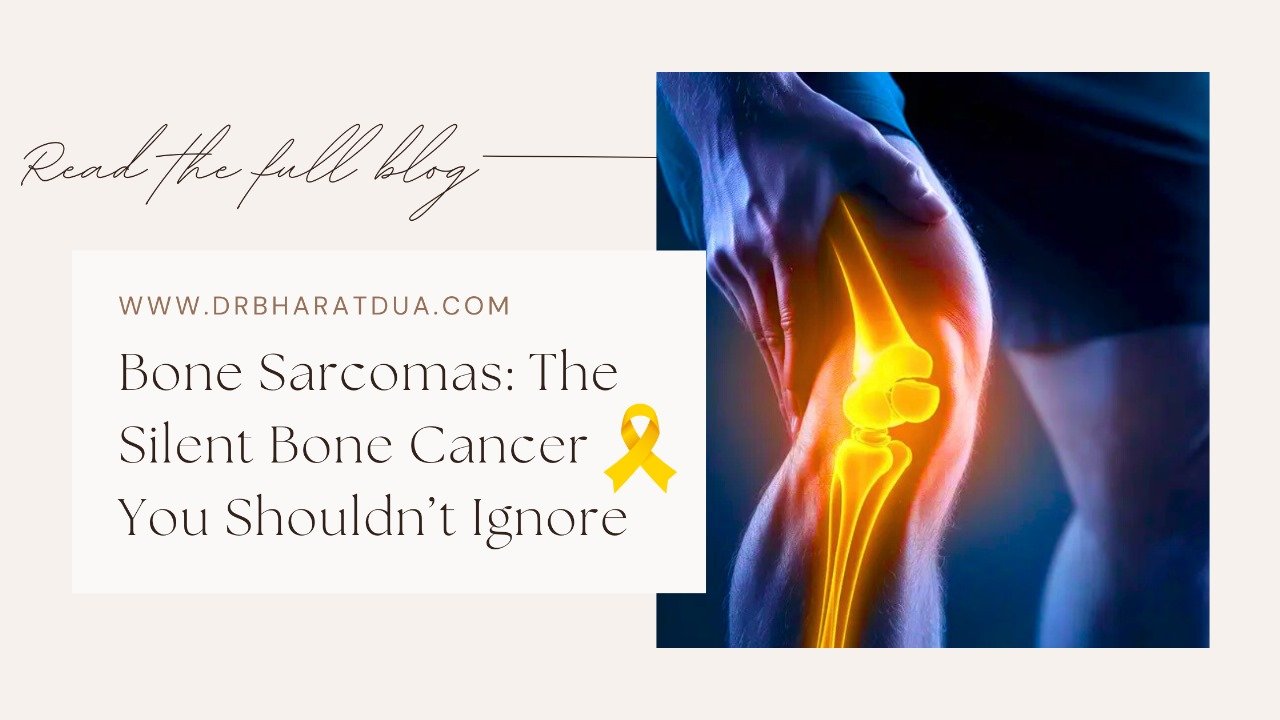Esophago-gastric cancer is a serious condition that affects the esophagus and stomach. While medical advancements have improved treatment options, prevention is always better than cure. By making small but significant lifestyle changes, you can lower your risk of developing these cancers.
Understanding Esophago-Gastric Cancer
Esophago-gastric cancer refers to malignancies that affect the esophagus and stomach. These cancers can develop due to genetic factors, lifestyle choices, and environmental influences.
The disease often progresses silently in the early stages, making prevention and early detection crucial. Symptoms such as difficulty swallowing, Best Brain Doctor in Gurugram . persistent heartburn, unexplained weight loss, and chronic indigestion should not be ignored.
By understanding the risk factors and taking proactive measures, you can significantly reduce your chances of developing this condition.
Key Risk Factors for Esophago-Gastric Cancer
Several factors increase the risk of esophago-gastric cancer, including:
- Tobacco Use: Smoking and chewing tobacco increase inflammation and damage the cells lining the esophagus and stomach.
- Alcohol Consumption: Excessive alcohol intake is linked to increased cancer risk, especially when combined with smoking.
- Unhealthy Diet: A diet high in processed foods, red meat, and low in fiber can contribute to cancer development.
- Obesity: Excess body weight puts pressure on the stomach and esophagus, increasing the risk of acid reflux, a known contributor to esophageal cancer.
- Chronic Acid Reflux (GERD): Persistent acid reflux damages the esophagus, leading to Barrett’s esophagus, a precancerous condition.
- H. pylori Infection: This bacterial infection in the stomach lining has been linked to gastric cancer.
By addressing these risk factors, Best Brain Doctor in Gurugram .you can take proactive steps toward prevention.
Simple Lifestyle Changes to Lower Your Risk
Maintain a Healthy Diet
A well-balanced diet plays a crucial role in cancer prevention.
- Increase your intake of fruits, vegetables, and whole grains to boost antioxidants and fiber.
- Reduce processed foods, especially those high in preservatives and nitrates.
- Incorporate lean proteins, such as fish and poultry, instead of red and processed meats.
- Limit salty and pickled foods, as excess salt can damage the stomach lining.
- Drink green tea and other natural antioxidants to support digestive health.
A diet rich in plant-based foods and healthy fats can create a strong defense against cancer.
Avoid Smoking and Limit Alcohol Consumption
Smoking and excessive alcohol use are among the strongest risk factors for esophago-gastric cancer.
- If you smoke, seek help to quit through nicotine replacement therapy or counseling.
- Reduce alcohol intake to moderate levels, ideally no more than one drink per day for women and two for men.
- Avoid mixing alcohol with tobacco, as this combination significantly increases cancer risk.
Making these changes can significantly improve your long-term health.
Manage Weight and Stay Active
Obesity is closely linked to esophageal and stomach cancer due to increased acid reflux and inflammation.
- Maintain a healthy weight through a balanced diet and regular physical activity.
- Engage in at least 150 minutes of moderate exercise per week, such as brisk walking or cycling.
- Strength training can also help regulate metabolism and reduce fat accumulation around the abdomen.
Even small weight loss can lead to significant health benefits.
Reduce Acid Reflux and Improve Digestion
Chronic acid reflux (GERD) can damage the esophagus over time. To minimize its impact:
- Avoid large meals, especially before bedtime.
- Stay upright for at least 2-3 hours after eating to prevent acid reflux.
- Reduce caffeine, carbonated drinks, and spicy foods that trigger heartburn.
- Consider sleeping with your head slightly elevated to keep stomach acid from rising.
By managing acid reflux, you can protect your esophagus from long-term damage.
FAQs on Esophago-Gastric Cancer Prevention
1. Can stress increase the risk of esophago-gastric cancer?
While stress alone does not cause cancer, Best Brain Doctor in Gurugram .it can lead to unhealthy habits like smoking, drinking, and poor diet, which increase risk. Managing stress through exercise and relaxation techniques can help.
2. Is there a genetic component to esophago-gastric cancer?
Yes, individuals with a family history of stomach or esophageal cancer may have a higher risk. Regular screenings and healthy lifestyle choices can help mitigate this risk.
3. What are the early signs of esophago-gastric cancer?
Early symptoms may include persistent heartburn, difficulty swallowing, unexplained weight loss, and nausea. If you experience these symptoms frequently, consult a doctor.


 Discover how radiation oncologists are advancing melanoma treatment with targeted radiation, modern tech, and powerful therapy combinations.
Discover how radiation oncologists are advancing melanoma treatment with targeted radiation, modern tech, and powerful therapy combinations. Kidney cancer starts when abnormal cells in the kidneys grow uncontrollably. Most cases are renal cell carcinoma, accounting for nearly 90% of diagnoses.
Kidney cancer starts when abnormal cells in the kidneys grow uncontrollably. Most cases are renal cell carcinoma, accounting for nearly 90% of diagnoses. Discover everything about bone sarcomas, from symptoms and causes to diagnosis, treatment, and survival rates. Know the early signs to act early.
Discover everything about bone sarcomas, from symptoms and causes to diagnosis, treatment, and survival rates. Know the early signs to act early.